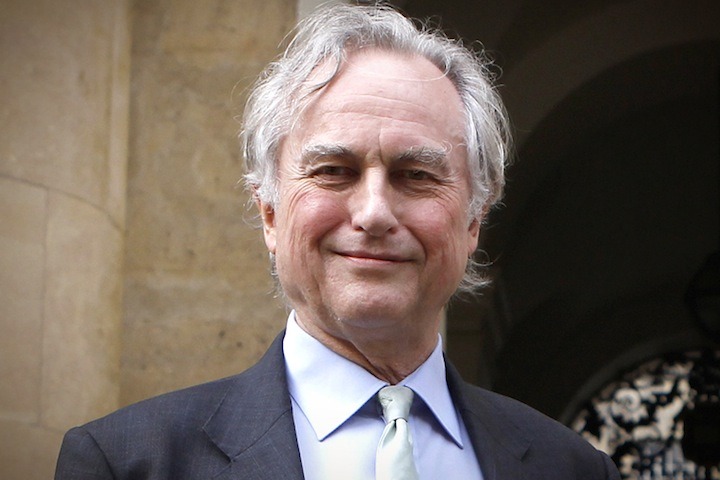Bill Donohue comments on a recent BBC interview with British atheist Richard Dawkins:
The headline in a story run yesterday by World Religion News reads, “Richard Dawkins Still Says Religion is a ‘Force of Evil.”’ The story was occasioned by an admission Dawkins made that even after he had a stroke earlier this year, he still hasn’t changed his beliefs.
He really didn’t leave himself any wiggle room. After all, since the age of nine he has been a convinced atheist. Moreover, he has spent his entire adult life telling us that life is a crapshoot, having no meaning whatsoever. So it’s a little late in the game—he is 75—to pivot. But his recent BBC interview did yield interesting fruit.
Here is how a friendly journalist explained his remarks. “He believes we all are aware of our mortality and someday we all have to die, sooner or later, and that is the end of the journey.” Yes, the sentient readily admit to their own mortality, and he is certainly entitled to his belief that life on earth is the end of the road. It is ironic to note, however, that while he ridicules the faithful for not providing scientific evidence of an afterlife, he is curiously content not to offer any such data to support his beliefs.
In the interview, Dawkins says that while religion promotes evil, “the vast majority” of believers do not commit evil acts; only a minority do so. Which begs the question: Why, if religion is evil, are so few of its adherents evil? How does Dawkins know—does he have any evidence?—that evil acts committed by Christians, for instance, are an expression of their fidelity to Christianity? Would it not make more sense to say that it is precisely because so few Christians are evil that it is a tribute to their religious upbringing?
Hitler and Stalin were genocidal maniacs, and in both cases they were raised Christian. But they committed their evil acts after they became militant atheists. Too bad they converted.







